
The time in Brooklyn is now:
Thu Apr 24 09:51:13 2025


We endorse the greatest
health and beauty products
and shampoo on the
market -
Maple Holistics
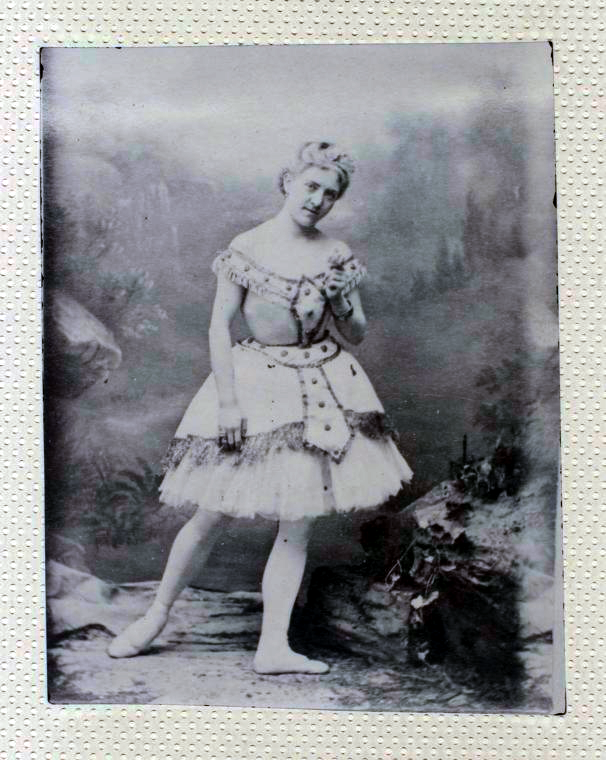
BAM had at the Fischer an experimental production called "Are we not drawn onward to a new erA", which is played backwards in real time and then shown in video in reverse. It is actually quite cool, and a lot of fun, but I cringed at killing a tree with every production. They had a lot of fun and danced after the show..
Pictures from Home starred Nathan Lane and was one of these self-referential pieces of works where the writers or the artists think the subject of an artist is inherently profound and exciting for the audience. It is not. In this case we have a Photographer being documented as he takes pictures and fights with his family in California. Nothing of here holds interest and I fell asleep in Studio 54. Total bomb, the parent die, the artist dies of cancer. Play over.
Funny Girl, with Lea Michelle is the hit of the current Broadway productions. It was subperb, and exciting, with over 10 standing ovations. The crowd was really into it. It is the toughest ticket in town, but work seeing.
The Off-Broadway production, a Perfect Crime was entertaining and worth the $40 ticket. The seating was actually very comfortable.
I saw Moulin Rougen. Spectacular sets, otherwise very very boring. It is really a musical review of pop music of the 1990s and other pop music, patched together is a boring and predictable storyline with zero suspense or character depth. So so dancing, and mediocre singing of these spliced together pop tones had me nodding off. If you like Lady Gaga, you might get more joy out this. Other than that, it sucked.
I wanted to see 1776 this evening but it was canceled! That has never happened to me in 30 years. Then when I did go to see it I relized it was staged as a Burlesque without advertising that they turned the play upside down with a transvestite and female cast. So I cancelled my ticket.
Almost Famous was also subpar, but the audience loved the musical concert from the 1970s and related to it well. I found it shallow, not well acted, predictable and there are better venues for music in NYC.
the Music Man with Jackman and Sutton was very well polished and worth seeing. The opening scene was the best by far. But the stars of the show are too powerful performers somewhat handstrung by this quaint and somewhat quiet script.
Like most people I have a list of movies and plays which I have a particular fondness for. I wasn't much of a movie person and my love for theater hadn't developed until later in life. I starred in multiple theater productions through school and camp. I could all but be assured of a leading role for anything I tried out for in these typical amateur productions, and maybe I should have pursued this. But the best drama I could star in was my personal life, which far exceeded anything a playwright could come up with.
My first Broadway show was The Magic Show" with Doug Henning in 1975, and since then I have seen well over 500 Broadway productions and quite a few off Broadway productions, and more OFF OFF Broadway prodcutions. Most of the off off broadway productions were in and around the Village, found in the back pages of the Village Voice in the 70's, 80's and 90's.
Along the way I've also seen productions at the West End in London, which is where I finally got to see Wicked, and rural playhouse productions in the Adorondak and the Catskills, which can be quite a lot of fun. Outstanding and professional productions are regular fare at BAM, especially at the Harvey theater. I've seen dozens of wonderful plays there, many Shakespear productions of which my favorite was Patrick Stewart's MacBeth. Our universities (Pre-Covid) have theater departments with periodic productions and top-flight professional talents. I saw Mummenschanz at NYU's Skirball theater. Brooklyn College and the Brooklyn Center of the Performing Arts has productions at the Whitman Theater. Kingsboro Community College is a local favorite for all kinds of productions - theatrical and music. Long Island University, in downtown Brooklyn occupies the old Paramount theater and has programs in their Kumble Theater along with other programs. Brooklyn is especially rich in theater with quality stages that include Anne‘s Warehouse, and The Polonsky Shakespeare Center: The Theater for New Audiences down the block from BAM and the Harvey. One of the great venues not to be overlooked is the Billy Holiday theater, deep in the bowels of Bedford-Stuyvesant at 1368 Fulton Street. It is truly a gem of a program. And we shouldn't leave of the Kings Theater in Flatbush. Wherever one can find and see theater, one should do so. Even High School productions can be great fun and most universities have theater departments with periodic productions.
Even if you are not an avid theater goer, if you live in New York City and the environs, there are times when a particular Broadway shows becomes so happening, that it becomes a social event in of itself coloring every part of our lives. Everyone is talking about that star production and the music and story become street cache. Local news finds ways to stitch the show into the regular broadcast. The advertising is all around. One smash hit can lift all of Broadway and impact the entire economy. The first play I can remember to reach this level or love was Hair. Hair started in the Public Theater and eventually moved to Broadway after a great deal of the public had already raved about it's performance on Laffeyette Street downtown. After Hair, other productions that monopolized the popular conscious included shows like Annie. Annie was all anyone talked about for the winter of 1977 that wasn't Star Wars. Every little girl wanted to be Annie. It was just everywhere. Other shows to reach this level of hysteria included The Whiz, which swept the city upon it's release, The Producers, Pippin, Rent, and most of all Whoopie. Whoopie Goldberg started off off Broadway and we all saw her show. It moved off Broadway, to Broadway and it launched her career in an amazing transformation. It was very cool to be there from the start.
More recently we've had Spring Awakening, Rent, and of course, Wicked. Covid-19 snuffed out our lifeblood and New York it is still struggling to make a full return. I think it will never be the same though. It is as much now part of our past as is Vaudeville and the Trolley. Try as they might, we will likely never have a robust theater culture as we had a decade ago. Things have badly changed. I'm very pestimistic about our culture of shared experience, of arts, and music.
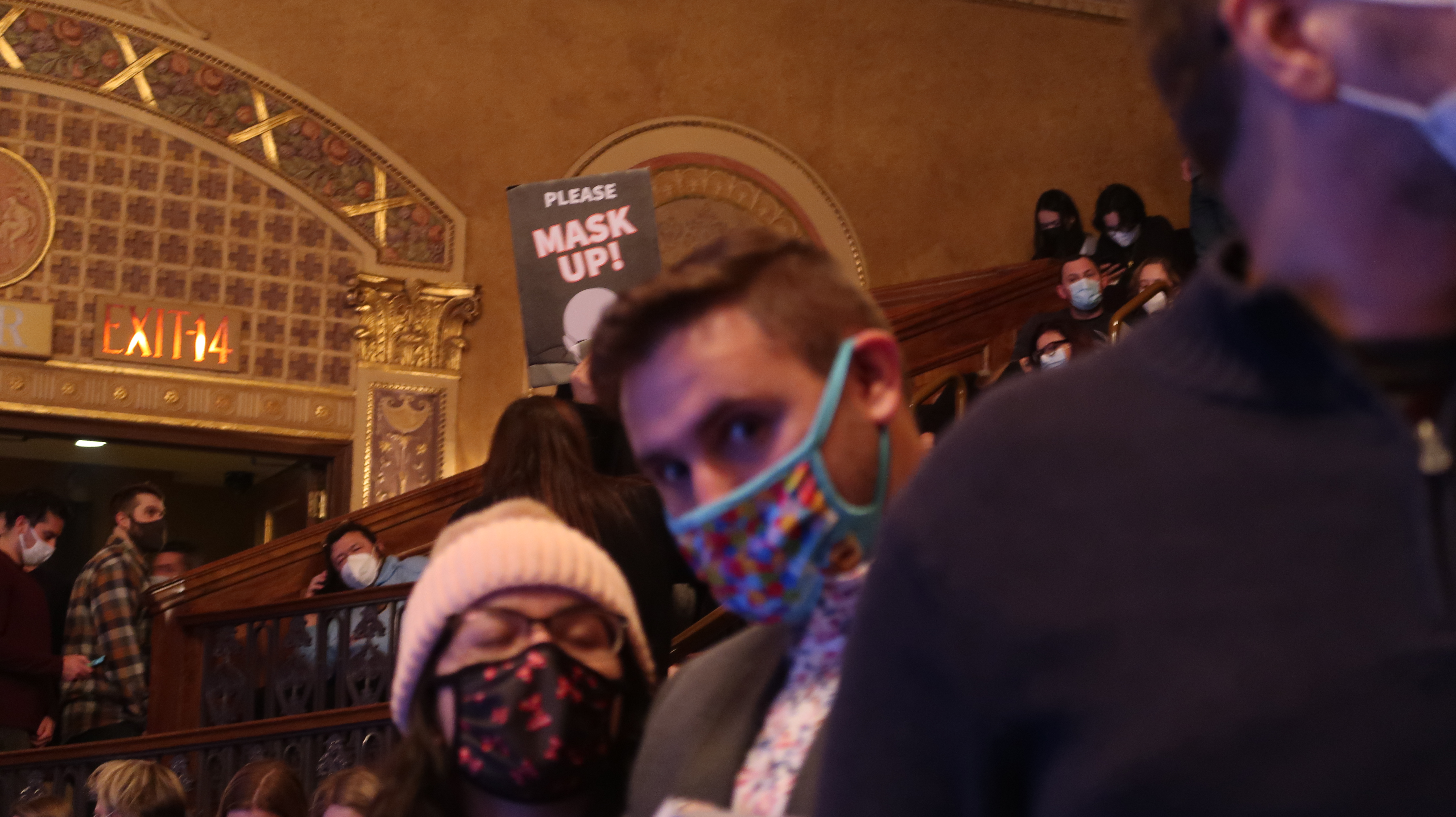
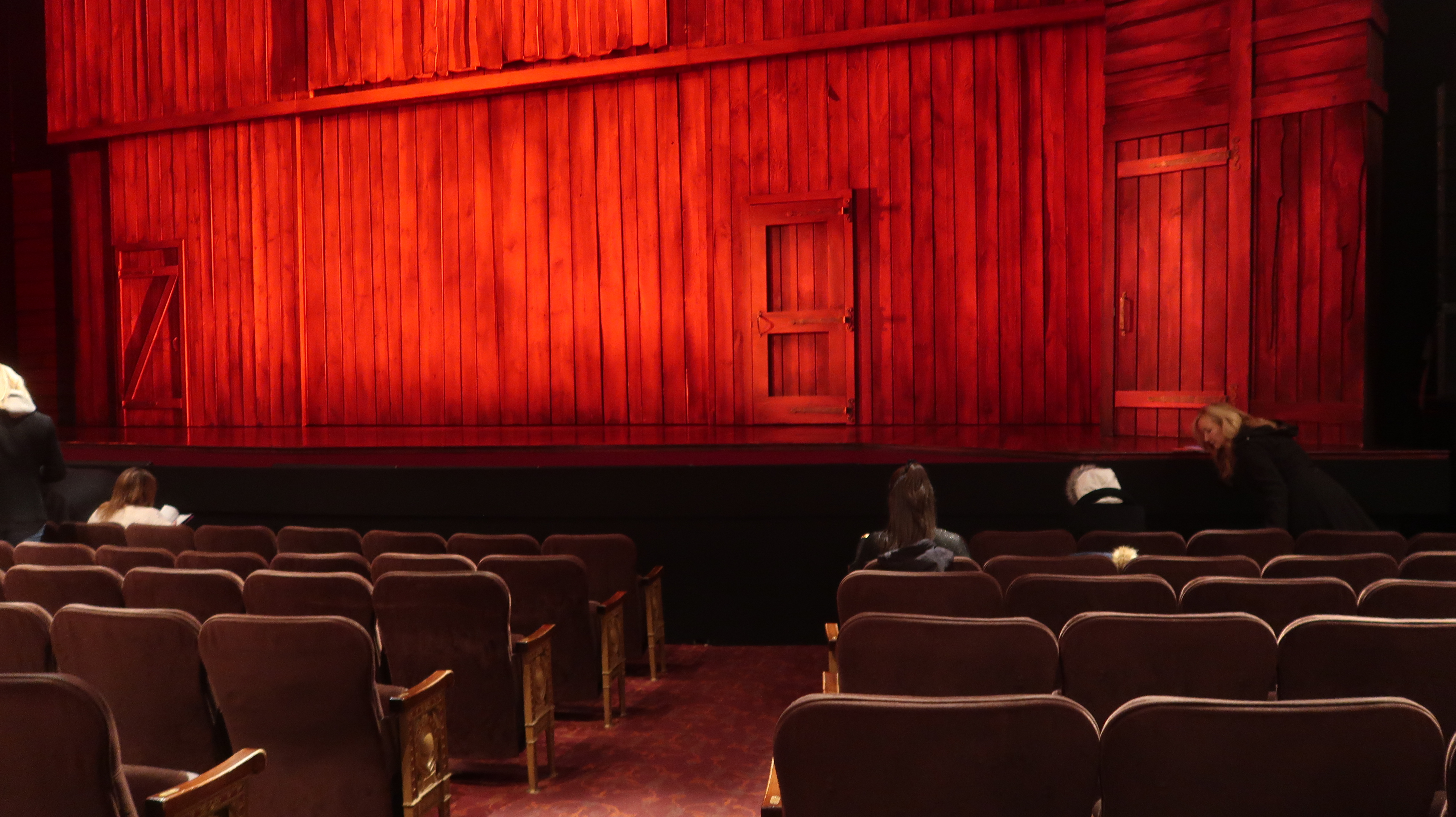
I got to see the Music Man with Foster and Jackman. I had great seats, maybe the best in the Wintergraden. So much talent between these two Stage Veterans. And the crowd was so excited to see them on the stage live. But if you've been to hundreds of shows, you know this show was flat and over produced. Maybe this play is not the best venue for these bigger than life talents. If you ever saw Jackman in Oklahoma or Sutton in Anything Goes, you can't find any of those breathtaking performances here.
Not the worst play I'd ever see (and how could it be) but not a must see generational performance. The opening number was a great piece of theater, and as inventive of a stage and choreography as I'd ever seen. It was very cool. But after that it was flat. The music was roughshod over the vocals. The passionate inflection that was core to Jackson's Curly was completely lost. If they lowered the music and let the stars be heard without straining to be heard over the band, that would had helped immensely.
The Wintergarten Theater was in wonderful shape, just beautiful. I'm been there many times and it was never as impressive as it was this week. Watch the video and open it full screen:
I have a short list of plays I want to see to include 1776, and Funny Girl with Lea Michelle who I last saw on stage in Spring Awakening. Funny Girl will not be an easy ticket.
This is a list of my 20 favorite theaterical presentations. Its a problem though. While I can see films into the silent era as they were originally created, theater is left with no other record other than the script, the scores, and the historical reviews. Hollywood converted many into film, and acts like the Marx Brothers engaged in both film and Vaudville and Broadway all simutaneously. Still, I can't truly experience shows written and produced in the 1920s and 1910s in an authentic manner. So this list might be fun, but it is crippled by the limits of my human experience. The The Black Crook, which has wonderful still photos at the New York Public Library was a famous early musical that was staged at the Niblo's Garden on Broadway and Prince Street in 1866. It is just not that accessible to the modern public, despite its huge sucess and historical importance.
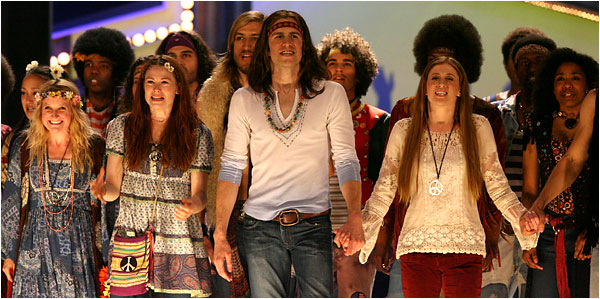
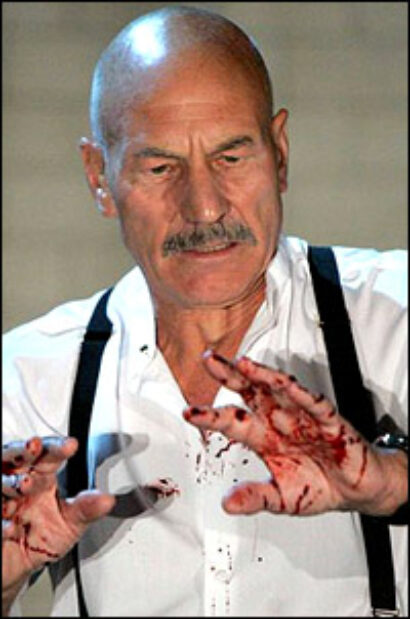
For years I had reviewed BAM plays and productions for the a website called Brooklyn On Line on the early internet. I spun through my rolerdex for contacts in BAM and finally got through to BAMs president, Harvey Lichtenstein and he said that the reviews for the show are smashing and it is completely sold out, but, although he isn't promising anything, if I go to the box office that Saturday night, maybe there will be an envelope for my daughter and I.
So we did just that, and went to the box office and there was a line of people waiting for seat cancellations. And there was none left. The guard was getting anxious and showtime was coming but I finally managed to ask the teller at the window and asked, "isn't there an envelope for Ruben Safir?" The teller finally put two and two together and said, "Oh, are you Mr Safir? I have an envelope for you that come from upstairs. It was left for you but we were told that you would have to pay $125 for each ticket" I opened the envelope and it had a personnel note that just said, "compliments and thanks...." with two tickets, third row dead center at the Harvey. I paid for the tickets and my 16 year old daughter was so excited that the whole room radiated happiness. We entered the auditorium like the Queen and King of Brooklyn, and took our seats to see the single greatest performance we ever witnessed.
The show was explosive and the crowd was marvelous. At the end we all stood up and waved our hands and shouted in unity "Engage Engage (see Star Trek TNG)". Stewart was obviously enjoying his stay in Brooklyn and in fact, has since that time never left, taking a new wife and residence in our fair Borough. He had one scene where he was giving a long oratory while making a sandwich. It left everone in the theater dry mouthed, and yearning for a bite. The play then went on to Broadway, and to be recorded for Great Performances and can still be seen.
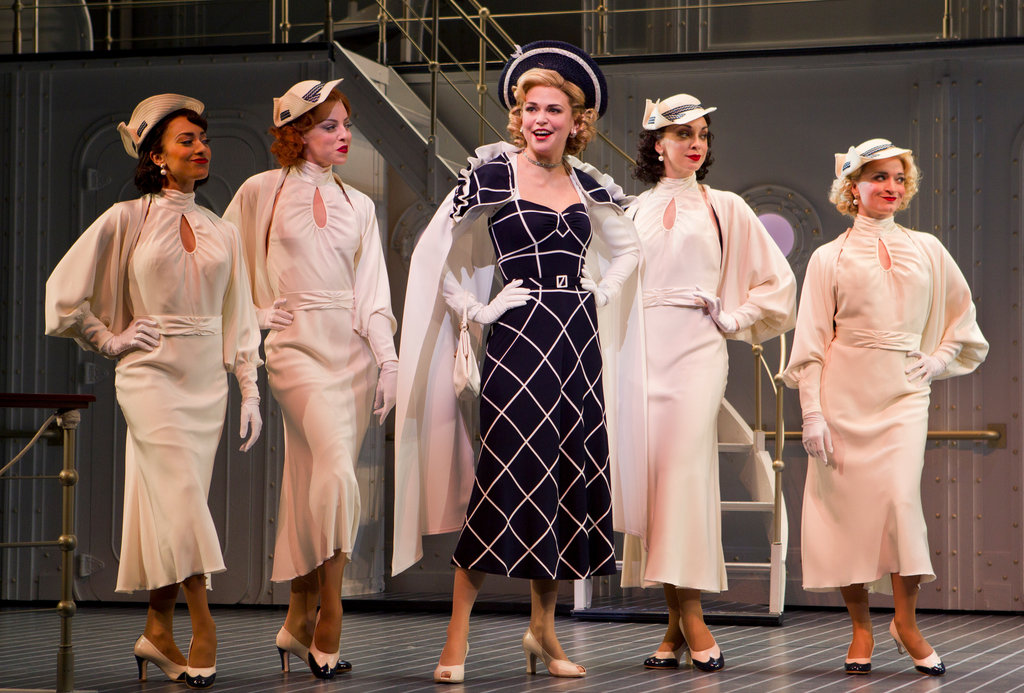
Some works of art transcend the form and the genre that they were created in. Anything Goes is a Jazz Age musical, of which there are hundreds of examples of varying quality, from the memorable productions by Al Jolson, and the black theater of Aint Misbehaving, which overshadows, defines and measures what a Broadway play is, even until today (2022 as I write this).
But calling Anything Goes a Jazz Age play is like calling the Beatles Abby Road a rock and roll record. It is just not enough. And Anything Goes in the hand of Sutton Foster was the greatest of art in the hands of its greatest master artist. I'm not saying that Sutton Foster is the greatest Broadway performer of all time, which is likely a meaningless sentence since what can I know of the thousands of performers before my time, or even today, whose differences are more qualitative than quantitative. But what I am saying is that the part of Reno Sweeney in Anything Goes is a tool that Sutton Foster masters to conduct her art at the apex of what an actress can bring to a Broadway Musical.
Blow Gabriel Blow...
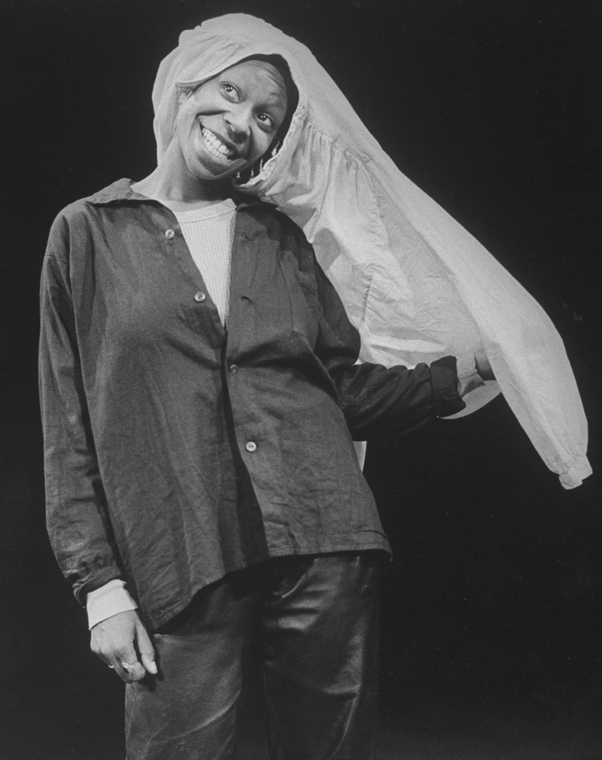
Like many of the characters that populate the streets and school yards of New York, you could just not take your eyes off of Whoopie as she moved from tronie to tronie, giving flesh to characters who would otherwise be flat and unbelievable in the hands of a lesser talent. In weeks she went from off off Broadway, to off Broadway, to the pinnacle of Broadway society, with a permanent table at Sardies. As New Yorkers, we understood Whoopie from the ground up. She was one of us, and her struggles with this diverse and untamed urban environment penetrated all of her work.
That summer of 1984, a West Coast relative of the Grandfather (AL Wallace) came to New York to play in Dustin Hoffman's presentation of Arthur Millers "Death of a Saleman". My grandparents spent much of that summer living the high life at the theater, and drinking and eating at Sardies, where they met the young Whoopie. My grandmother comes home and says, "We met this comic is supposed to be the talk of the town now"... and I interrupted and said, "Yeah Whoppie Goldberg, no doubt. We've seen her about five times downtown and she just went on Broadway. She is great." My Grandmother smiled ear to ear at me. The next day I got an autographed picture that is still in the house.
Whoopie was refreshingly and unapologetically a black women... she is not one of these black actors that blend white or was attractive by typical White cultural aesthetics. She was/is black, and her characters are black, up front and center, frankly, and yet rationally. She came across as someone who could talk about the state of race relations in New York in the 1980's
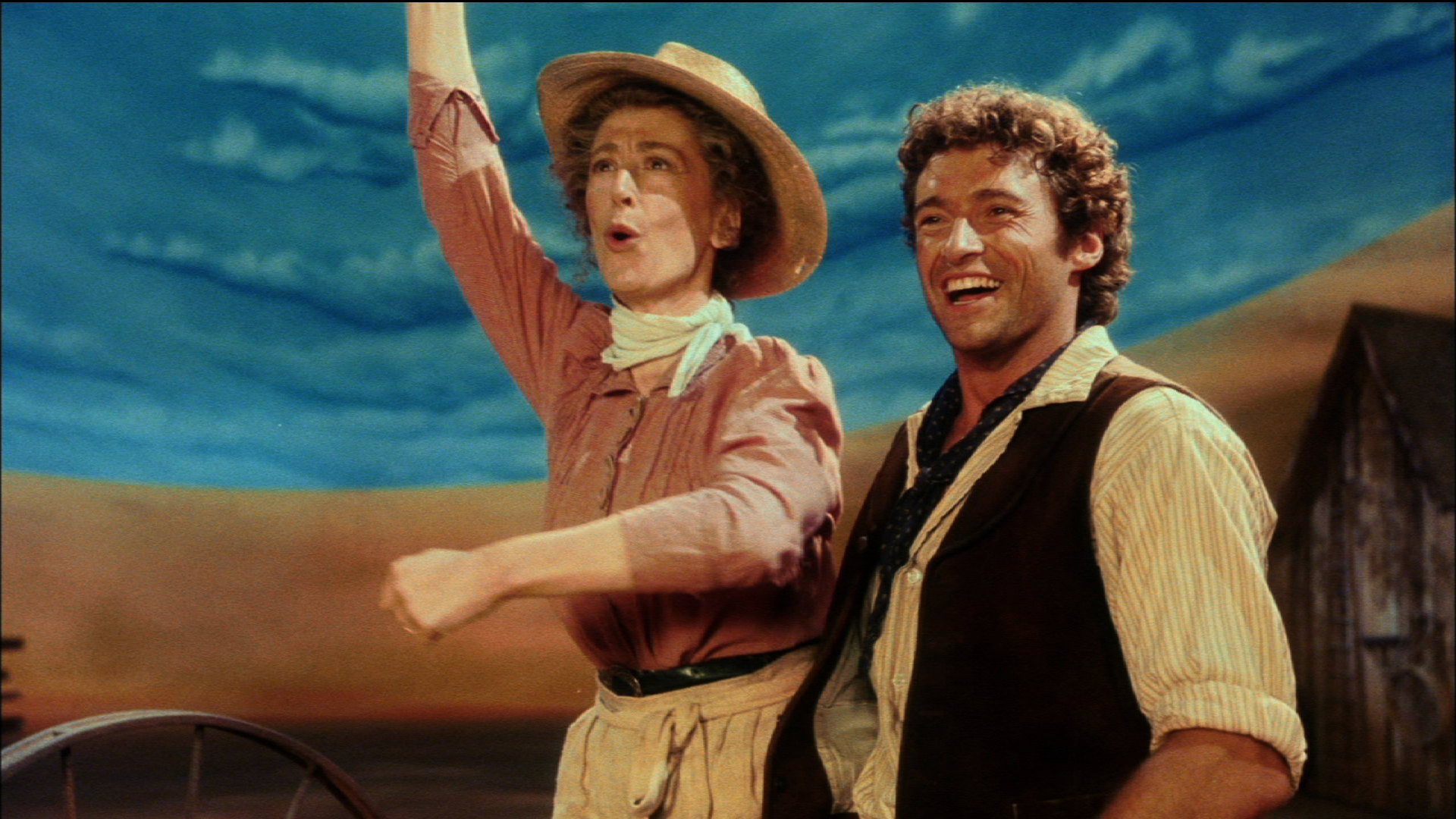
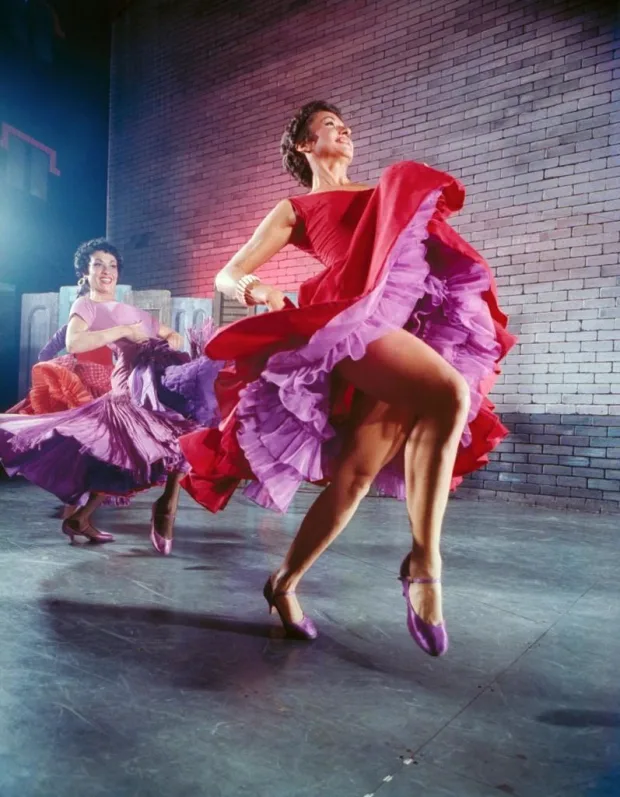
The lyrics for Officer Krupke could well had been written today and posted on Democracy Now. "My brother wears a dress".
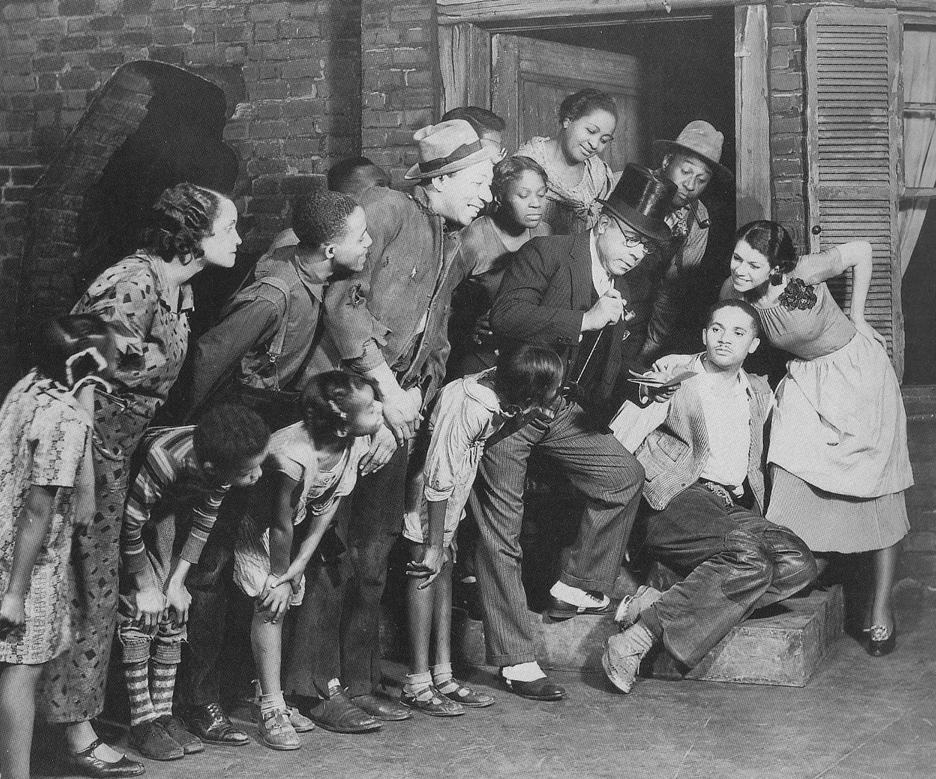
Shades of Harlem such a great show and there is so little of it that remains. from Kavon Graphic Designs on Vimeo.
Fiddler on the Roof - This is for many of a generation, especially Jews of the Tri-State area, the touchstone of all theater and the Broadway child of what was a thriving Yiddish theater of an era gone bye. We have all memorized each and every song, and have them ingrained from our childhood. And we know every stitch of this play before we ever heard of Shalom Alechem, and his Yiddish writing from which this was adapted. Tevye was adapted to many forms before Fiddler on the Roof, including this 1939 production in Yiddish . Aside the literary mastery of Sholom Alechem, the production of Fiddler on the Roof struck a deep and multi-faceted cord in the Jewish population that was quickly isolating itself through assimilation from its rich and millennials old past. At the end of the day, Fiddler was nearly all they had left of a civilization that was extinct in less than a generation, thanks to the Russians and the Nazi's. What the Russians left behind the Nazi's burned it in the chimney stacks of their crematories that dotted Poland. In the post war world, Fiddler on the Roof was all many Jews had left, and the play takes on a holiness for these refugees.